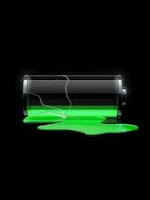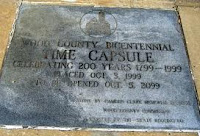After a few requests I received, to write more post about verbs in past examples, I decided to dedicate a couple of posts to Hypothetical Situations and Conditionals. This would be actually part of an Advanced Grammar Review, but it would certainly help those who want to get a good introduction to it.
Let's do it!
Matteo would have played with the video-games until the end of the summer.
He would have preferred to stay at home rather than going on holiday with his family.
People are often confused about how to discuss something that didn’t happen in the past.
The following structures can be used to express how we would like the past to have been different.
- would like / love / prefer to + perfect infinitive or
- would have liked / loved / preferred to + infinitive or perfect infinitive
- We would like to have stayed longer, but we had to take the bus to go back home.
- I really would loved to tell her what I felt in that moment.
or
- I really would have loved to have told her what I felt in that moment.
It may happen, that the subject of would like, is not the same as the subject of the verb which follows, therefor an appropriate noun or object pronoun is inserted before the infinitive
example:
- I would have loved her to listen from my words, what I really felt for her, instead of reading it from a message on the mobile.
more examples:
- I would have loved to see his face when you told him, the holiday was cancelled because of him.
- I should have applied for the course in September, now is too late to take part in it.
- I could have told her another version of the story, but I decided to tell the truth.





























